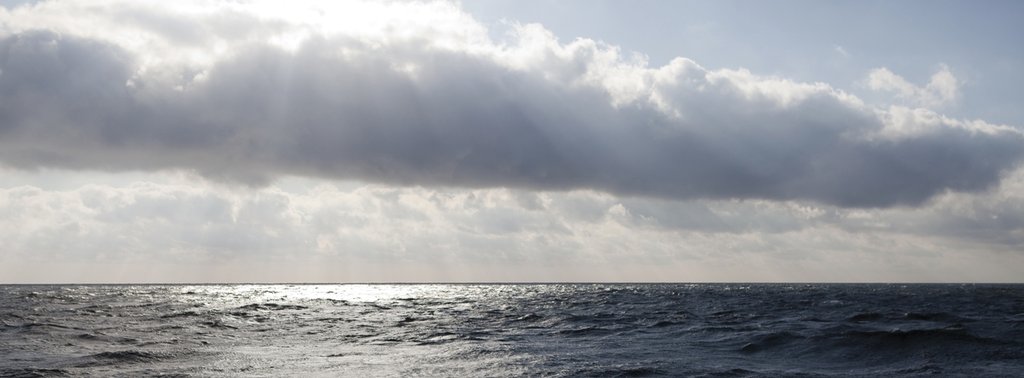The Environment
Nord Stream's environmental and socio-economic monitoring programme investigates how the pipelines affect 16 factors such as water and air quality, birds, fish and fisheries, seabed flora, and cultural heritage, with approximately 1,000 locations along the entire route being checked regularly. The company has invested approximately 40 million euros in environmental and social monitoring.
As stipulated by the national permits granted by Russia, Finland, Sweden, Denmark, and Germany, Nord Stream developed five national environmental monitoring programmes. Each has the aim of documenting the environmental impacts from the construction and operation of the pipelines in the respective jurisdictions. The national monitoring programmes are tailored to meet the requirements set by each country.
The programmes were implemented at the start of construction of Line 1 of the twin pipeline system in April of 2010, however, baseline monitoring was carried out in 2009 prior to the start of construction. Intensive, ongoing monitoring will continue during the first few years of operation of the pipelines, while technical monitoring, which includes monitoring the environment in the immediate vicinity of the pipelines, will continue for the entire lifetime of the system. The results of the monitoring will help to verify that the national permit conditions are being met, and will be used as a basis for corrective action if necessary.
All the results of the monitoring are publicly available in our Library and have also been reported to relevant national authorities, and to all nine Baltic Sea countries. In addition, the company made the monitoring data – the raw data that has been collected, as well as the metadata – available for scientific use in its Data and Information Fund. Nord Stream is also committed to sharing its existing survey data with HELCOM, an organisation that focuses on protecting the Baltic Sea. The data gathered during the monitoring programmes will support HELCOM's Baltic Sea Action Plan, which aims to restore the good ecological status of the Baltic marine environment by 2021.






